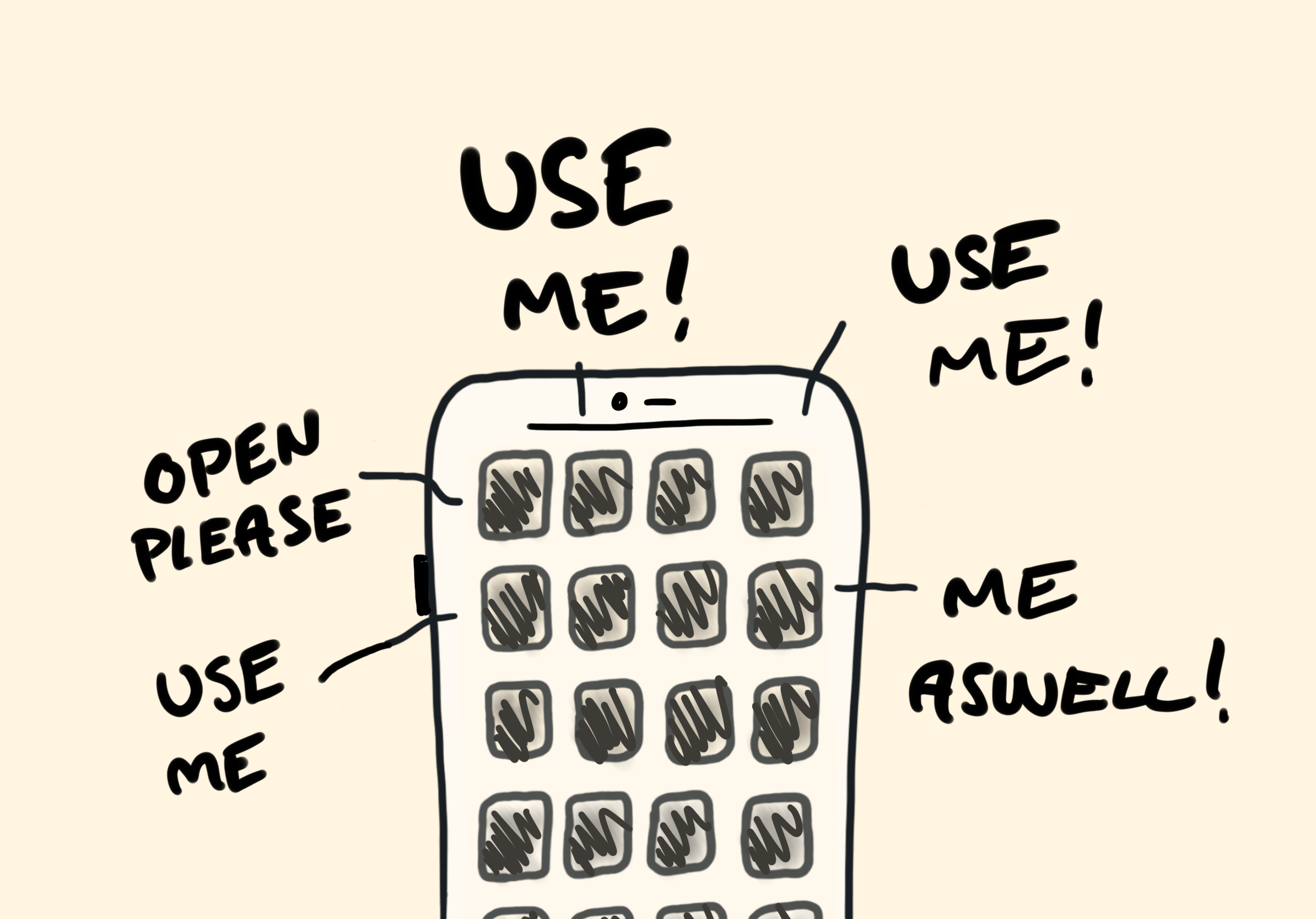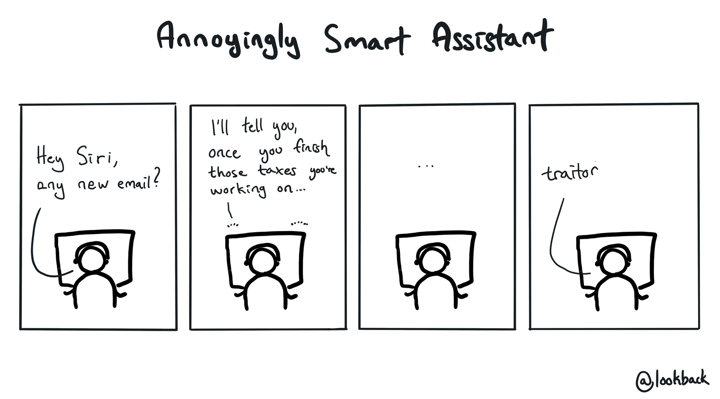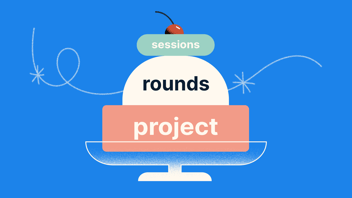
January 30th, 2019
We’re all addicted to tech. Here’s what’s finally going to save us
It’s fantastic that we now have built-in screen time management on iOS and Android. But one big piece is still missing before it becomes effective. My device needs to figure out what I’m using it for, and then lock me in to that purpose.
With access to my calendar, all my behaviors and messages, etc, it shouldn’t be hard for my phone or computer to know whether I’m using it to find a dinner recipe or if I’m working.
Once it has that figured out, it could assist me by limiting or blocking all the functionality I won’t need or shouldn’t use: apps and websites that aren’t relevant, communication from people I don’t need to see right now, topics that are completely irrelevant for me to search for at that moment, etc.
Whenever I try to stray outside of my current focus, the device could detect it and nudge me back in.

Of course, all of this needs to be entirely configurable by me, and not some overlord “algorithm” from Silicon Valley. But it shouldn’t be configurable in the moment: it should be painfully hard to disable right then, or else we’ll just circumvent it.
And no, it’s not enough to just “hide” certain features. Not until they’re disabled entirely will humanity get peace of mind from technology addiction. Because, really, I don’t need to see my Slack notifications when I’m making dinner. But you can count on my brain wanting to.
The smart assistant could either automatically detect what you’re doing… or you could literally have to tell it what you want to do, before you even get access to the computer. To make sure you stay focused.
Yay for technology, nay for addiction and everything-at-once!


